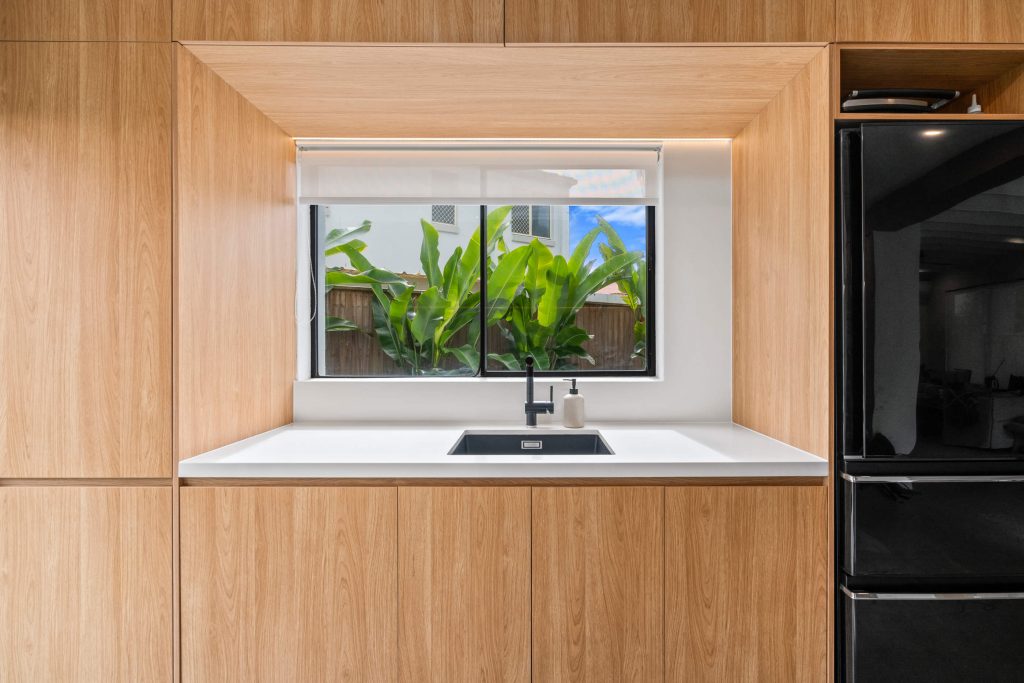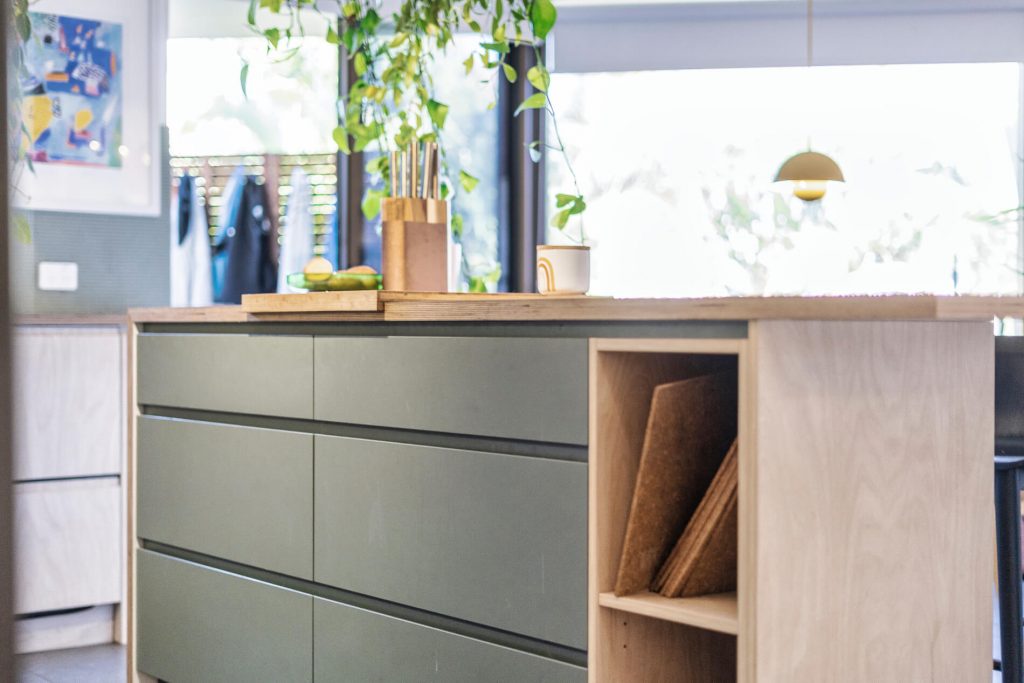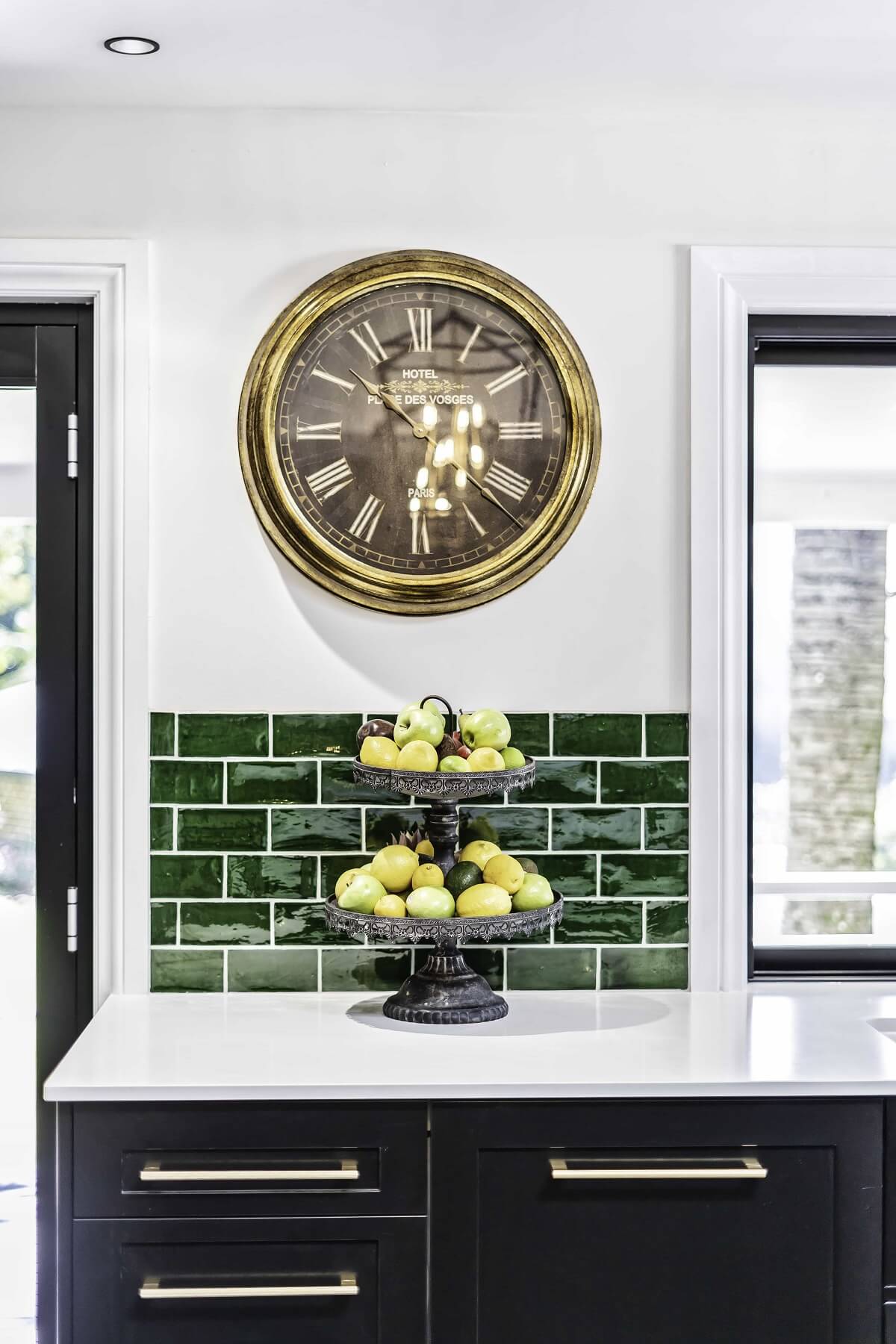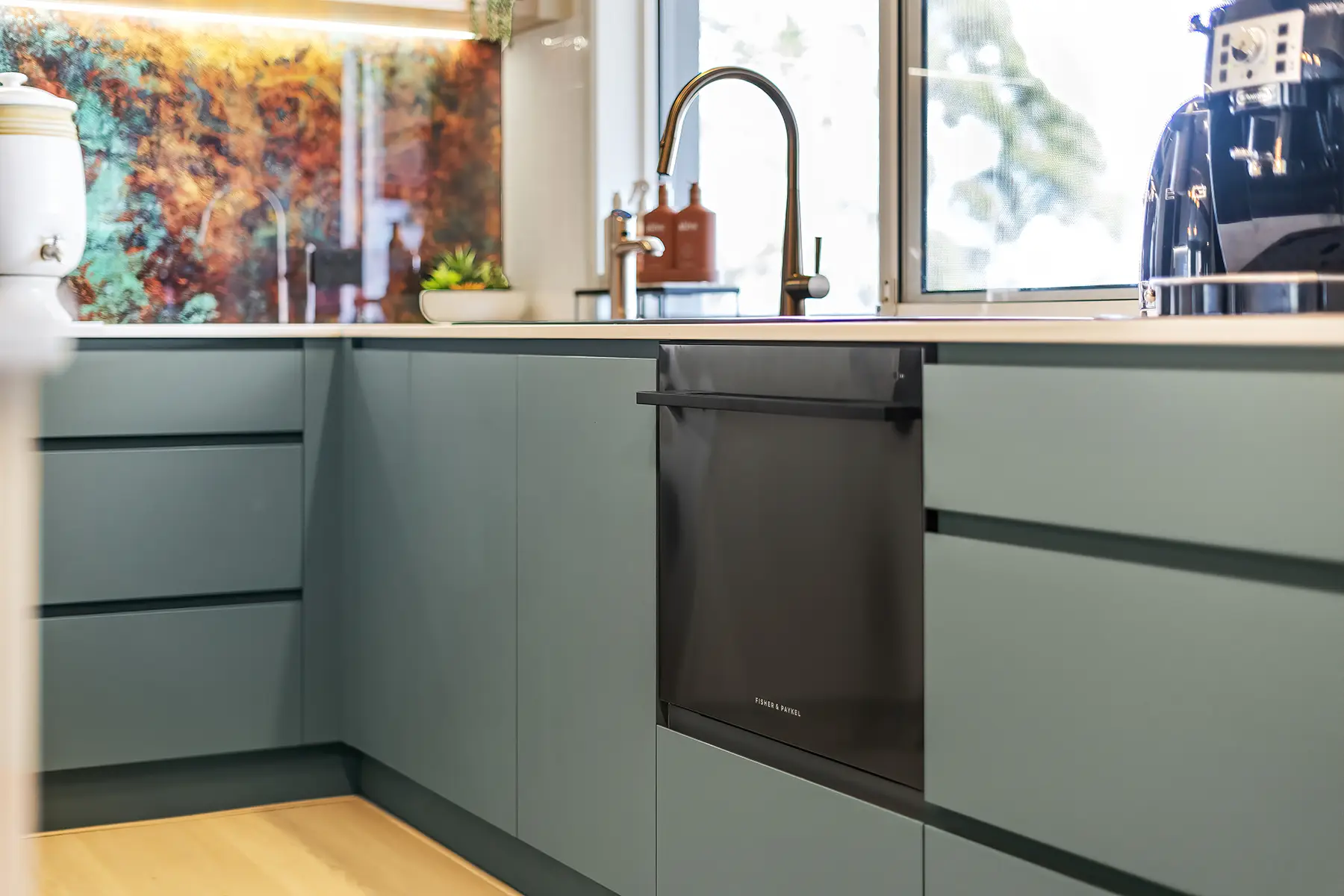Introduction to Colour Psychology in Kitchen Design When embarking on a kitchen renovation or design…
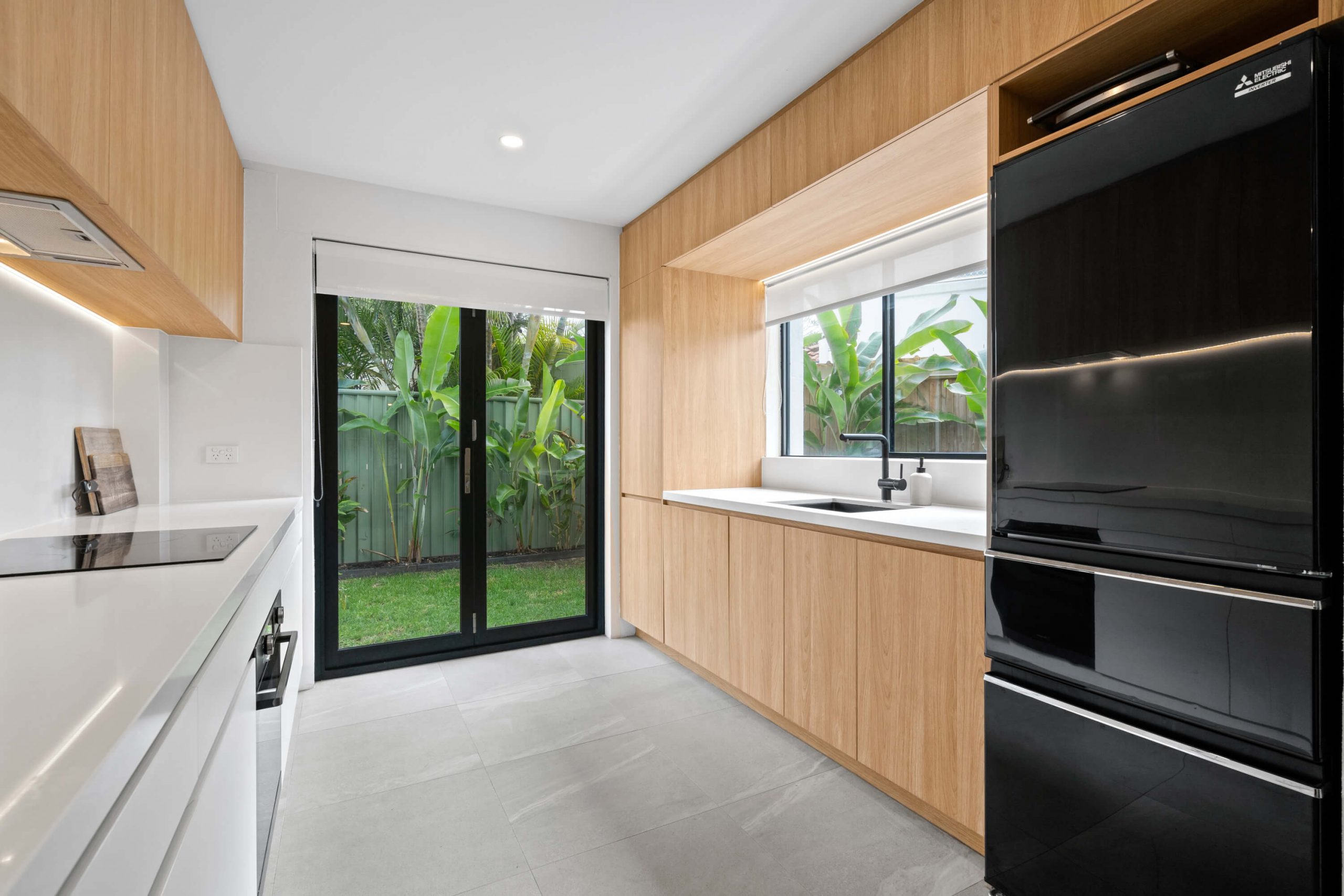
Sustainable Kitchen Renovations: Eco-Friendly Materials and Appliances
The notion of an eco-friendly kitchen renovation can encompass various interpretations for different individuals. Some may prioritize the use of sustainably sourced and organic materials in its construction, while others might emphasize achieving high energy efficiency. Yet, there are those who adopt a more comprehensive and interconnected approach to sustainability.
Regardless of one’s perspective, a sustainable kitchen revolves around the utilization of natural materials that minimize the reliance on artificial substances. The green kitchen movement goes beyond integrating eco-friendly and sustainable furniture; it extends to the minutiae of everyday utensils and cookware, ensuring they too are durable, sustainable, and ethically sourced.
To gain a deeper understanding of the realm of sustainable kitchen renovation materials, we address several fundamental inquiries that will set you on the path towards a sustainable future.
What constitutes sustainable kitchen materials?
Sustainable kitchen materials refer to construction components that confer environmental, social, and economic advantages while safeguarding the environment throughout the entire lifecycle of the material – from its initial raw material formation and installation until its eventual disposal. Illustrations of sustainable kitchen materials include reclaimed timber, birch plywood, bamboo, linoleum, and cork. Laminex is one of our partner companies, and you can read about their sustainable kitchen products here.
Which material is optimal for kitchen cabinets?
Bamboo represents an excellent environmentally conscious option due to its rapid growth, maturing for sustainable harvesting in 5 to 7 years. Recognized as a highly renewable resource, bamboo’s veneers are extracted using ultra-thin wood slices, maximizing wood usage.
Which material is most suitable for kitchen countertops?
Recycled kitchen countertop materials are among the top choices. Materials like recycled aluminium, post-industrial plastics, and even paper have been transformed into innovative, aesthetically appealing worktop materials. For instance, the low-maintenance Richlite countertops are made from a recycled-paper composite, while Alkemie serves as a stone substitute and is composed of no less than 60% recycled aluminium. You can read more here about sustainable kitchen countertop materials.
What are the most sustainable options for kitchen flooring?
Cork, linoleum, bamboo, glass, and concrete are fantastic and environmentally friendly floor choices.
How can one create a more sustainable kitchen easily?
At times, adopting a more sustainable approach involves reevaluating your existing kitchen. Making the best use of your existing resources is a significant aspect of resource conservation. Perhaps your kitchen cabinets are well-designed and merely require a facelift. Maybe a simple sanding and resealing of your worktop can transition it into a part of your new sustainable kitchen. Reusing elements from your current kitchen saves you money and reduces your carbon footprint.
What are the eco-friendly lighting options?
The lighting industry has undergone a significant transformation, with an expanding range of energy-efficient LED alternatives now available, leading to the phase-out of halogen bulbs. Opt for LED bulbs to illuminate your kitchen, as they boast an expected lifespan of 10,000 hours, surpassing conventional incandescent bulbs, making them a worthwhile investment. You may even consider adding a few coloured options to enhance your kitchen’s ambience and create a desired mood.
What qualifies as energy-efficient kitchen appliances?
Energy-efficient kitchen appliances, encompassing fridges, freezers, ovens, hobs, dishwashers, washing machines, and dryers, consume substantially less energy than their older counterparts, thanks to modern technology. Purposefully designed to use minimal resources such as water and electricity while performing their functions effectively, energy-efficient appliances exemplify responsible energy consumption.
Here are some of our picks from this Bing Lee article about the most energy-efficient kitchen appliances.
LG 420L BOTTOM MOUNT FRIDGE BLACK STEEL GB455BTL
MIELE FREESTANDING DISHWASHER G7104SCCLST
BOSCH SERIES 8 60CM BUILT-IN OVEN WITH ADDED STEAM FUNCTION
LG NEOCHEF 23L SMART INVERTER MICROWAVE OVEN MS2336DB
What ingredients constitute sustainable paint?
Sustainable paints can be derived from recycled, natural, or bio-based content. Consider the paint’s eco-friendliness and overall performance when contemplating a new kitchen colour scheme.
Conclusion
The path towards an eco-friendly kitchen is both an exciting and rewarding journey. It is a journey that celebrates the creative use of sustainable materials, energy-efficient appliances, and conscientious practices that safeguard our environment and future. Indeed, whether it’s opting for cabinets made of rapid-growing bamboo, countertops of recycled materials, or energy-efficient LED lighting, every decision contributes towards the bigger picture of sustainability.
At BJF Joinery, we’re committed to assisting you on this journey, guiding you through the myriad of eco-friendly options available, and ensuring you make choices that align with your vision of an ideal, sustainable kitchen. Our expertise lies in understanding the materials and technology and appreciating the unique needs of every homeowner we work with.
We understand that turning a vision into reality can sometimes feel daunting. But remember every little bit counts in the grand scheme of environmental conservation. Even seemingly small changes such as reevaluating and using your existing resources, can significantly contribute to the sustainability of your kitchen, making it a space that is not only beautiful but also environmentally friendly.
So if you’re considering an eco-friendly kitchen renovation, why not contact us at BJF Joinery? Our dedicated team is ready to collaborate with you on your eco-renovation journey, offering advice, providing solutions, and ensuring your new kitchen reflects your commitment to a greener future. Let’s not just imagine your eco-friendly kitchen – let’s create it, together.
(FAQs) that may come up when considering an eco-friendly kitchen renovation:
- What exactly does ‘eco-friendly’ mean in terms of a kitchen renovation? Eco-friendly kitchen renovations involve using materials and appliances that have a minimal impact on the environment. This can involve using sustainably sourced materials, energy-efficient appliances, and even reusing existing resources.
- What are some common materials used in eco-friendly kitchen renovations? Common materials used in eco-friendly renovations include bamboo, reclaimed timber, birch plywood, cork, and linoleum. Recycled materials like aluminium and post-industrial plastics are also popular.
- What are the benefits of an eco-friendly kitchen renovation? Aside from the environmental benefits, an eco-friendly renovation often uses high-quality, durable materials that can last a long time, saving you money in the long run. Energy-efficient appliances can also reduce your energy bills.
- Are eco-friendly renovations more expensive? The cost can vary. While some eco-friendly materials may be more expensive initially, they often last longer and can save money in the long term. Additionally, utilising existing resources in your kitchen can also reduce costs.
- What can I do to make my existing kitchen more sustainable? Reevaluating your existing resources and reusing as much as possible can significantly contribute to the sustainability of your kitchen. For instance, a simple sanding and resealing of your worktop can transform it into a sustainable feature.
- What are some energy-efficient lighting options for my kitchen? LED bulbs are an excellent choice for energy-efficient lighting. They have a significantly longer lifespan than conventional incandescent bulbs, reducing the frequency of replacement.
- Are there energy-efficient kitchen appliances available? Yes, many modern kitchen appliances are designed to use minimal resources, including fridges, freezers, ovens, hobs, dishwashers, washing machines, and dryers. These appliances consume significantly less energy than older models.
- What makes paint eco-friendly? Eco-friendly paints can be derived from recycled, natural, or bio-based content. When choosing paint, it’s important to consider not just the colour and finish, but also the paint’s eco-friendliness and overall performance.
For any other questions or to get started on your eco-friendly kitchen renovation, don’t hesitate to contact us at BJF Joinery.
